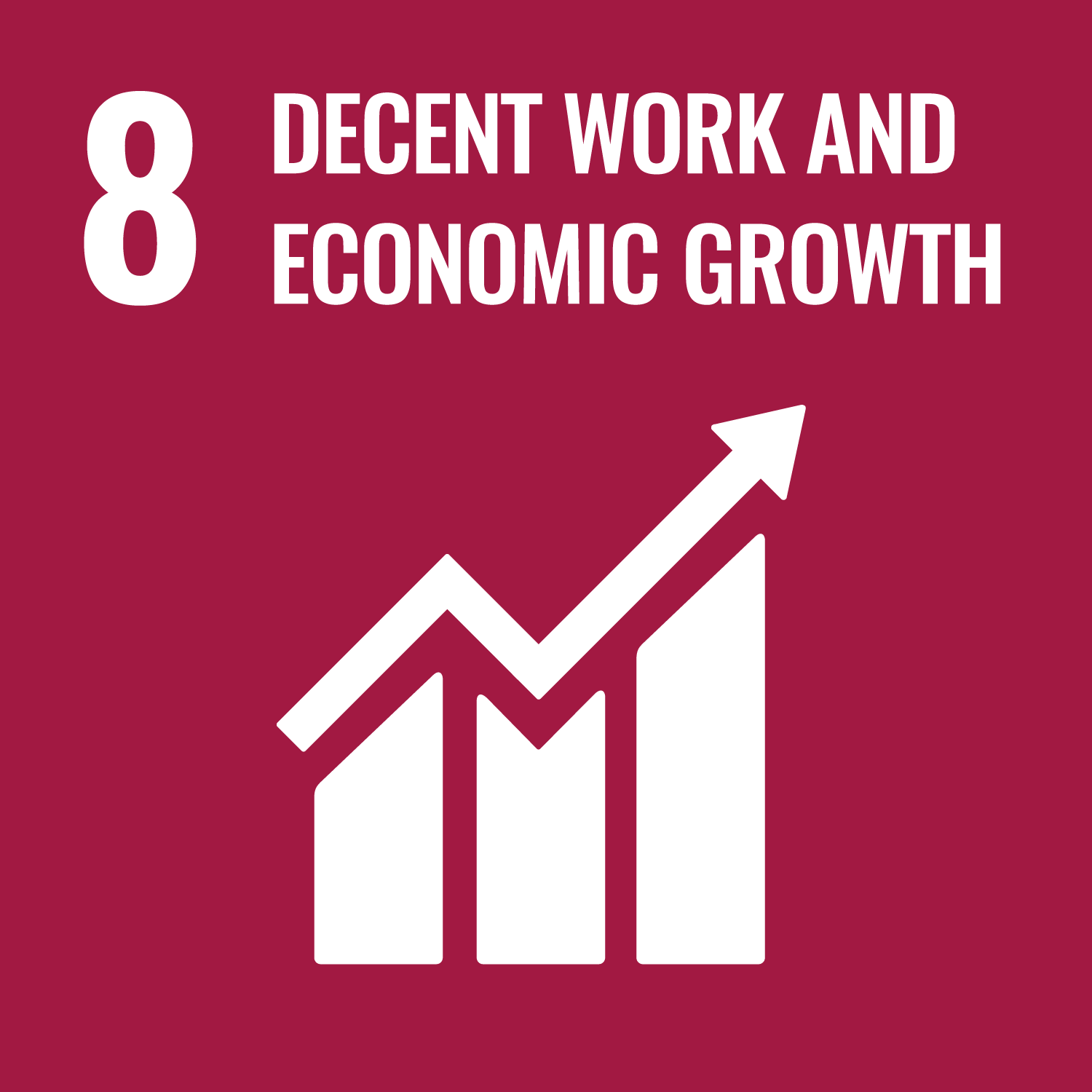SDG Detail
ECON 771 : Economics of Development
Postgraduate courseProject description
Discusses contemporary issues in development economics. Topics include: Economic growth, the deep origins of global disparity in living standards including geography and institutions, the accumulation of human capital, the functioning of land and credit markets, rural-urban migration, foreign aid, natural resource dependence, and climate change. The first half of the course will take a predominantly macro view of development, while the second half will take a more micro perspective. The course is designed to deal with a broad selection of issues and problems facing developing economies. The topics will discuss empirical facts, and cover both macroeconomic theories of development and micro models at the household level to explain these facts. It will make you familiar with recent well-published empirical research that tries to answer some of the most important open questions in development using state-of-the-art methodologies.
Project aims
?
Project outcome
By the end of this course, students will be able to: Recognize and analyse the frameworks for measurement and analysis of macroeconomic development outcomes. (Capability 1) Distinguish and assess various models of development and empirical approaches. (Capability 2) Apply theoretical models and empirical results to analyse contemporary policy issues pertaining to economic development. (Capability 3 and 4.2) Identify and explain causes and consequences of poverty and income inequality. (Capability 6) Explain the cross-country diversity of growth and development outcome. (Capability 3) Critically evaluate state-of-the-art research on development economics. (Capability 4.2 and 5.1) Critically evaluate and orally summarise development economics research and formulate open questions and research approaches. (Capability 2, 4.1 and 4.3)
Related SDGs
The corresponding sustainable development goals correlated with this project. You you click the icon to link to SDG category description page.









